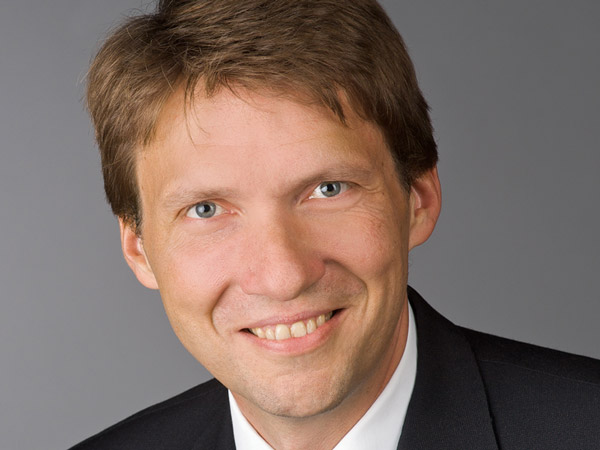Middle Eastern Assets under Management (AuM) grew by a staggering $100 billion from 2021 to 2022, (7% CAGR) to reach $1.3 trillion, according to Boston Consulting Group’s (BCG) latest annual Asset Management Report.
BCG’s report “Global Asset Management 2023: The Tide Has Turned,” examines the external and internal forces shaping the asset management industry—outlining fundamental pressures asset managers face—and details a transformative path forward for asset managers to get back to historical levels of profitability and growth.
"While performing relatively better than their European and American peers, the asset management industry in the Middle East has arrived at a critical juncture, compelling leaders to reassess their organisations' operations to regain the profit growth they experienced in the previous years. In fact, since 2006, 90% of revenue growth came from market performance, and in an environment where this is no longer guaranteed, it is now time for a real transformation,” said Markus Massi, Managing Director and Senior Partner, at BCG.
Markets expected to recover
“While 2022 was among the worst years for global investor returns since 2008, markets are expected to recover. However, central banks around the globe are no longer engineering sustained market appreciation. Their goals for the short term are the exact opposite; they are trying to slow growth to combat inflation which will have an impact, especially on equity markets. However, for the Middle East, the growth outlook is more positive driven by continued higher oil income and comparatively positive equity market developments.”
Transformative measures
BCG estimates that given the existing pressures and market expectations, if global asset managers stay the course, their annual profit growth will be approximately half the industry average of recent years (5% versus 10%). To get back to historical levels, asset managers will need to cut costs by 20% overall and shift their revenue mix to generate at least 30% of their revenue from higher-margin products.
The report outlines three major themes that should top the leadership agenda to thrive in the years ahead:
•Profitability: Asset managers should transform their approach to profitability. They can do this by understanding the expenses and drivers in each function and using multiple initiatives to optimise costs, rather than just slash expenses.
•Private Markets: Firms should pursue high-growth alternative investments and the private market opportunities therein. Firms aiming to enter the alternative market can do so through four primary pathways: build in-house, buy multiple firms and use an affiliate or boutique structure, buy an alternative firm and operate it independently, or establish partnerships. This is particularly applicable for Middle Eastern asset managers given the high preference of regional investors for private assets and the lack of other alternative investment instruments.
•Personalisation: Asset managers should harness the technologies that make highly personalised client experiences and products possible. New technologies can boost personalisation efficiency and effectiveness in the sales and marketing process, potentially leading to an increase in sales conversions of about 20% relative to traditional approaches.
Crucial turning point
"In an environment where growth is no longer guaranteed, where fees are being compressed, and where passive investing is increasingly popular, the Middle East's asset management industry is facing a crucial turning point. In fact, it is now time for leaders to reexamine their organisations' strategies to take their fair share in the market growth and accelerate profit contributions,” said Farouk El Hosni, Principal at BCG.
“Organisations should evaluate and optimise costs across the full value chain, and really focus on what makes them stand out. Going forward, the only choice is change.”-- TradeArabia News Service































